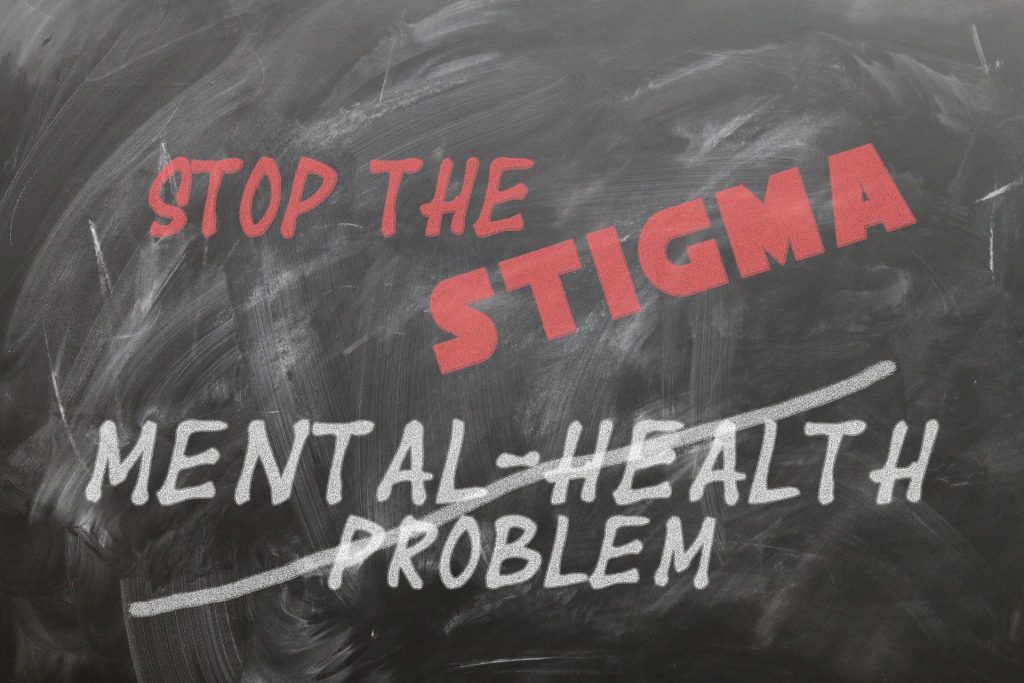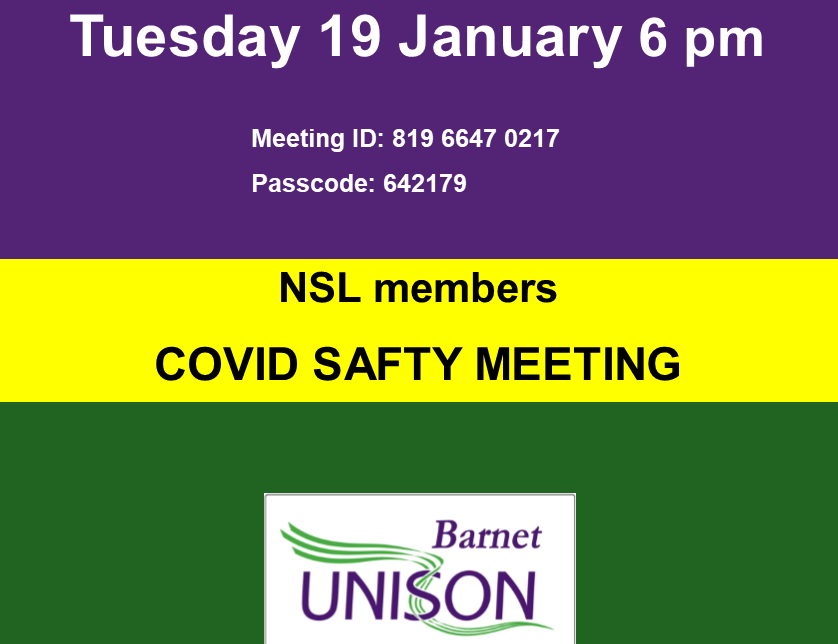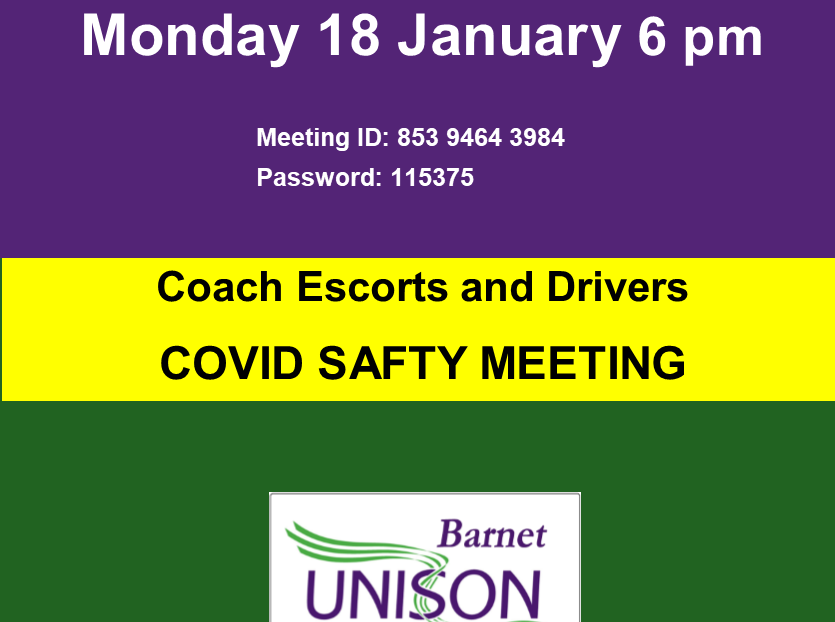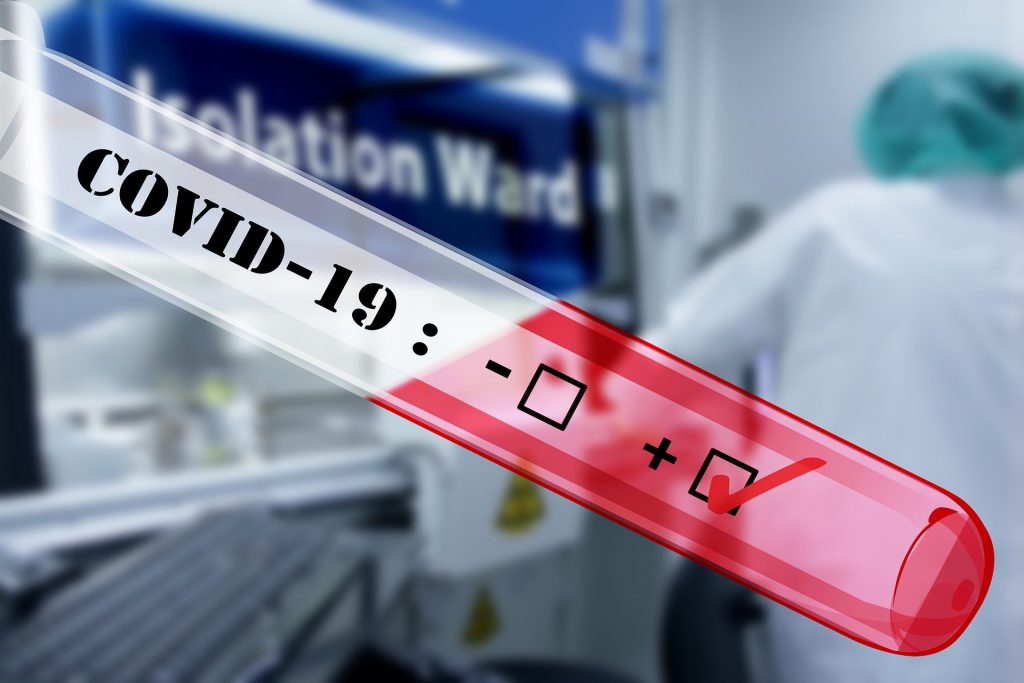
Whether you have been working throughout the pandemic, been furloughed, working from home, self-isolating or something else, Barnet UNISON understands the impact this may be having on your or a colleagues mental health.
Having good mental health helps us relax more, achieve more and enjoy our lives more. Below are details about websites and organisations to help you look after your mental health and wellbeing.
Able Futures
Able Futures can help you manage your mental health at work so you can enjoy more good days. If eligible they provide you nine months advice and guidance from a mental health specialist who can help you learn coping mechanisms, build resilience, access therapy or work with your employer to make adjustments to help your mental health at work.
Call Able Futures free on 0800 321 3137 from 8am to 10.30pm, Monday to Friday or apply online.
https://able-futures.co.uk/
Nafsiyat
Nafsiyat is an intercultural therapy centre, committed to providing effective and accessible psychotherapy and counselling services to people from diverse religious, cultural and ethnic communities in London.
We currently offer intercultural therapy to people living in the London boroughs of Camden, Islington, Enfield and Haringey. This therapy is short-term only, but available at no charge.
To access this therapy, you need either to be referred to us, for example by your GP, or you can apply to refer yourself.
https://www.nafsiyat.org.uk/
NHS Every Mind Matters
Visit the NHS Every Mind Matters website:
https://www.nhs.uk/oneyou/every-mind-matters/
Urgent support
If you are having thoughts of suicide, are harming yourself or have thought about self-harm, it’s important to tell someone.
These thoughts and feelings can be complex, frightening and confusing, but you do not have to struggle alone.
If you cannot wait to see a doctor and feel unable to cope or keep yourself safe, contact one of the organisations below to get support right away. Or see further NHS advice on dealing with a mental health crisis or emergency.
Free 24-hour listening support
When life is tough, Samaritans are here to listen at any time of the day or night. You can talk to them about anything that’s troubling you, no matter how difficult.
Call free on 116 123 or visit the Samaritans website
Shout offers confidential 24/7 crisis text support for times when you need immediate assistance.
Text “SHOUT” to 85258 or visit Shout Crisis Text Line
Urgent, non-emergency medical advice
If you need help urgently but are not at risk of death or serious illness, use the NHS 111 non-emergency advice online.
NHS 111 advice online
Only call 111 if you cannot get help online.
People with hearing problems can use the NHS 111 British Sign Language (BSL) service.
Crisis support for young people
If you are under 35 and feel that life is not worth living any more, call Papyrus’s HopelineUK from 9am to 10pm weekdays and 2pm to 10pm on weekends.
Call HopelineUK on 0800 068 41 41
Text 07786 209697
Visit the Papyrus website
CALM
CALM is the Campaign Against Living Miserably, for people in the UK who are down or have hit a wall for any reason.
Call 0800 58 58 58 (daily, 5pm to midnight)
Free, anonymous webchat with trained staff
Visit the CALM website
Dial 999
In a life-threatening emergency, phone the emergency services and ask for an ambulance.
When to call 999
When to get help from your GP
It’s important to seek help from your GP immediately if you are experiencing the following symptoms for the first time or are not already receiving care from mental health services/
If you live in England, in most areas you can also refer yourself for free, non-urgent NHS psychological therapy services, also known as IAPT (Improving Access to Psychological Therapies) services, which provide evidence-based treatments for depression and anxiety.
Services remain open during the coronavirus pandemic, so do seek professional help if you think you need it.












